Federal Marijuana Legalization – Is It Possible?
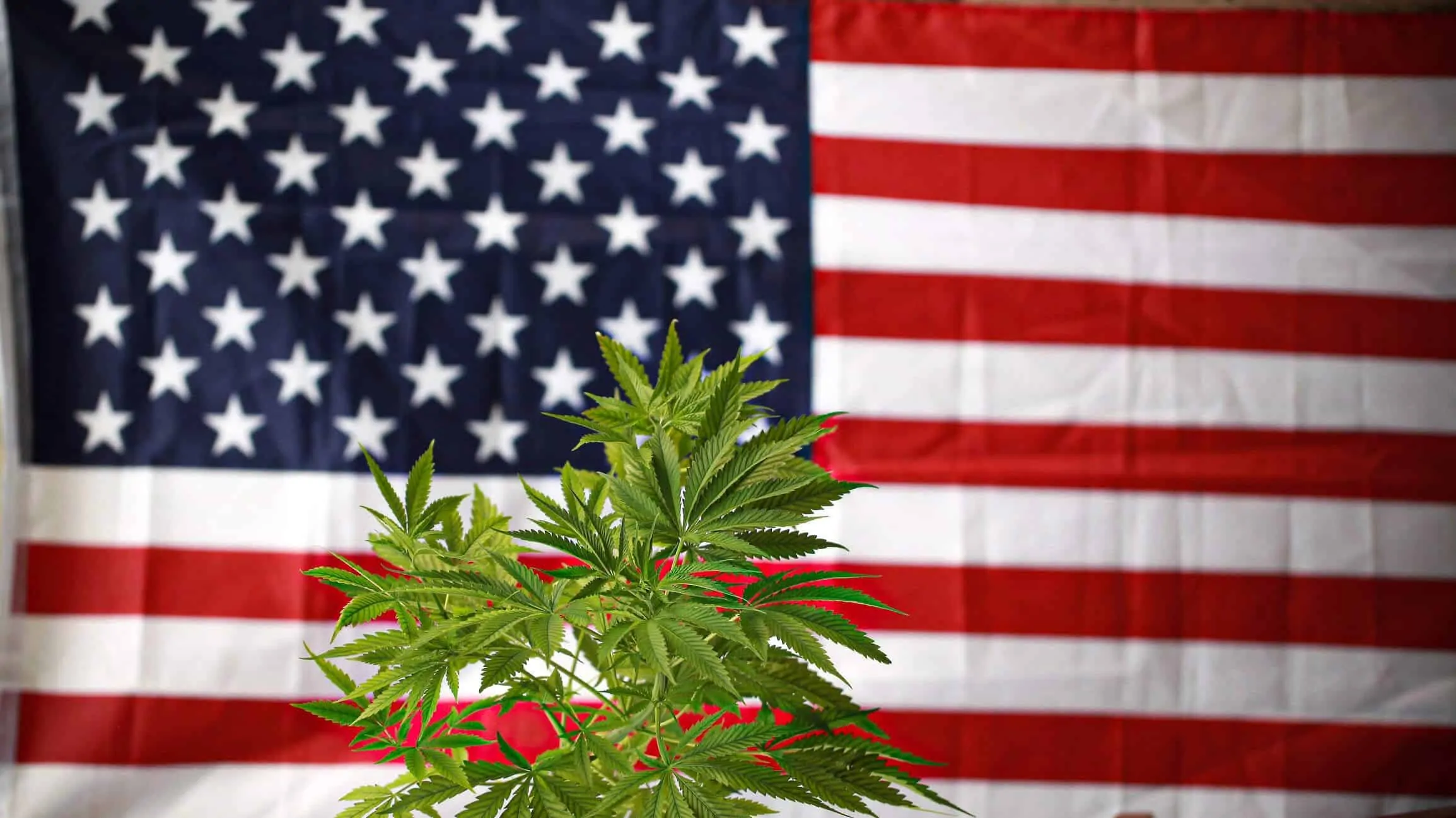
A lot of residents of the U.S. are waiting for cannabis to be legalized at the federal level. Is this possible? Yes and no. The thing is this issue is too complex to give the simple answer to this question. Still, it does not mean that this can stop us from analyzing the phenomenon of cannabis in the United States. In this article, we will analyze all the nuances, aspects and various metamorphosis of its legalization.
In other words, we will discuss the past, present, and future of cannabis in the United States of America in detail. Our goal is to provide detailed, relevant and specific information on this topic not only to help a reader understand how the legal status of cannabis has been changing and evolving but also to develop a realistic outlook for federal decriminalization of cannabis, its federal legalization and developing the new federal medical cannabis program in near future.
Legalization Of Marijuana In The USA: Past, Present & Future
What exactly is this article about? Below, you can find the answers to the following questions:
- What is the difference between decriminalization & legalization of cannabis?
- What is the difference between recreational and medical cannabis in the eyes of law?
- What are the most important stages in the history of marijuana? How has the situation been changing?
- Where is marijuana legal? What are the states with recreational weed available to adults?
- What states are expected to legalize and/or decriminalize cannabis in 2020 or in the near future?
In general, the article can be divided into three main sections.
In the first one, you will find the definitions of the crucially important terms which are decriminalization, legalization, medical cannabis, and recreational marijuana. Please, if you do not know what exactly they mean or what is the difference between them, read the information in this section carefully. It is necessary to understand numerous nuances, changes, and predictions on marijuana status in the United States of America.
The second section is about history – the facts on how the attitude to cannabis has changed throughout history can be useful to those who want to understand why certain things happen today.
The third one is the ‘Present & Future’ section. This information, along with the information in the previous section, allows getting a full understanding of the current situation with legalization and decriminalization in the USA and make predictions about the possible changes.
Decriminalization & legalization of cannabis – What is the difference?
Before we start to discuss the most important stages in the history of cannabis in America, let us talk about two fundamentally different terms that are frequently confused with each other.
What does decriminalization of cannabis mean? Let us imagine that Mr. Smith possesses a small amount of cannabis. The police find it, and if cannabis is decriminalized, Mr. Smith faces a fine, i.e., only a civil penalty, and no criminal penalty. If he lives and possesses weed in the state where the legislation on decriminalization has not been adopted yet, under certain conditions, this will be a felony.
Consequently, decriminalization is ceasing to treat it as a criminal offense.
As for legalization, there are no penalties for this, i.e., there are no fines or other lower-level penalties. Selling and buying cannabis (certain amounts of cannabis, though) are fully legal.
What is the difference between recreational and medical cannabis in the eyes of law?
It may seem that everyone in the United States knows what is the difference between these two types of cannabis, but there are some nuances and aspects all adult residents of the U.S. should consider.
First of all, let us discuss the effects and compounds of cannabis. There are two basic compounds called tetrahydrocannabinol and cannabidiol, also known as THC & CBD. They affect two different types of receptors. More importantly, tetrahydrocannabinol produces psychoactive effects, while cannabidiol does not – it affects the body, and not the brain (at least, not as strongly as THC.)
In other words, the concentration of CBD is higher in medical cannabis, just because the goal is not to “get high” but to relieve pain or treat other symptoms. THC, in turn, causes euphoria. The concentration of THC is higher in recreational marijuana.
In short, recreational weed is for fun, medical weed is for health.
History of legalization in the US
The history of cannabis legalization in the US is long and complex. This plant was brought to America from Mexico and Brazil at the beginning of the 19th century, and since this time cannabis had a lot of ups and downs. In certain periods, it was perceived as a panacea, at certain stages, it was seen as a drug, and the public attitudes to this plant changed dramatically. Of course, such changes were reflected in legislation, too. So let us take a look at the most important stages in the history of cannabis legalization and decriminalization.
The 30s
People have been using cannabis as medicine and, let us be honest, as the drug for thousands of years. It was first mentioned by the chronicler in ancient China in 4.000 BCE, and since that time ancient people studied this plant discovering the new and new properties. It was brought to India, Arabic word, Brazil, Mexico until it was finally shipped to the Western world at the beginning of the 19th century.
Unfortunately, though the medicinal properties of this plant were widely known, there was prejudice associated with immigrants and cannabis. Such a negative social attitude toward cannabis led to anti-drug campaigns. Various fears, lack of relevant information about the plant and its effects had predictable consequences. By the beginning of the 1940s, 29 states prohibited it.
Moreover, in a few years, Congress passed the act that criminalized cannabis.
The 50s
The 50s was the time when the sentencing became even stricter, however, the situation has changed pretty soon.
The 70s
In the 60s, people have come to realize that marijuana is not the drug that is somehow connected to violence and aggression. At the beginning of the 70s, the public attitude to weed has changed dramatically, and though Nixon rejected some recommendations related to decriminalization, 11 states have finally decriminalized cannabis, and a lot of other states reduced the penalties.
The 2000s
In the 2000s, 5 states, which were Maine, Oregon, California, Alaska, and Washington D.C. made medical cannabis legal. At this time, the trends, as well as public attitude, started to change – soon, more and more states all around the country started to legalize medical cannabis.
It was the rethinking of its properties and qualities. Yes, the states usually have very specific laws that can, for instance, allow transportation and prohibit possessing cannabis, but still – it was the milestone in the modern history of cannabis.
The 2010s
The number of states that allowed selling and buying medical cannabis reached 8. The Reagan era has passed by, more and more people have not thought that weed is a dangerous drug anymore, and some of the states where only sick people could smoke a joint turned into recreational weed states.
16 more states made it medically legal, and more importantly, Washington finally made it recreationally legal. In 2014, two more states legalized it, and two more states joined them in 2016.
In 2018, Vermont became the 1st state that legalized cannabis through the legislative act instead of proceeding to the ballot.
Where is cannabis legal or illegal now?
So, a lot of states are on their way to decriminalization. But what about the present? Where is it legal and where is it prohibited? Unfortunately, contrary to popular belief, there is no easy answer to this question. Still, let us take a look at the table. That is how the current situation looks like: there are 36 states where cannabis is medically legal, 11 states where it is fully legal, and only 3 states where it is prohibited by law.
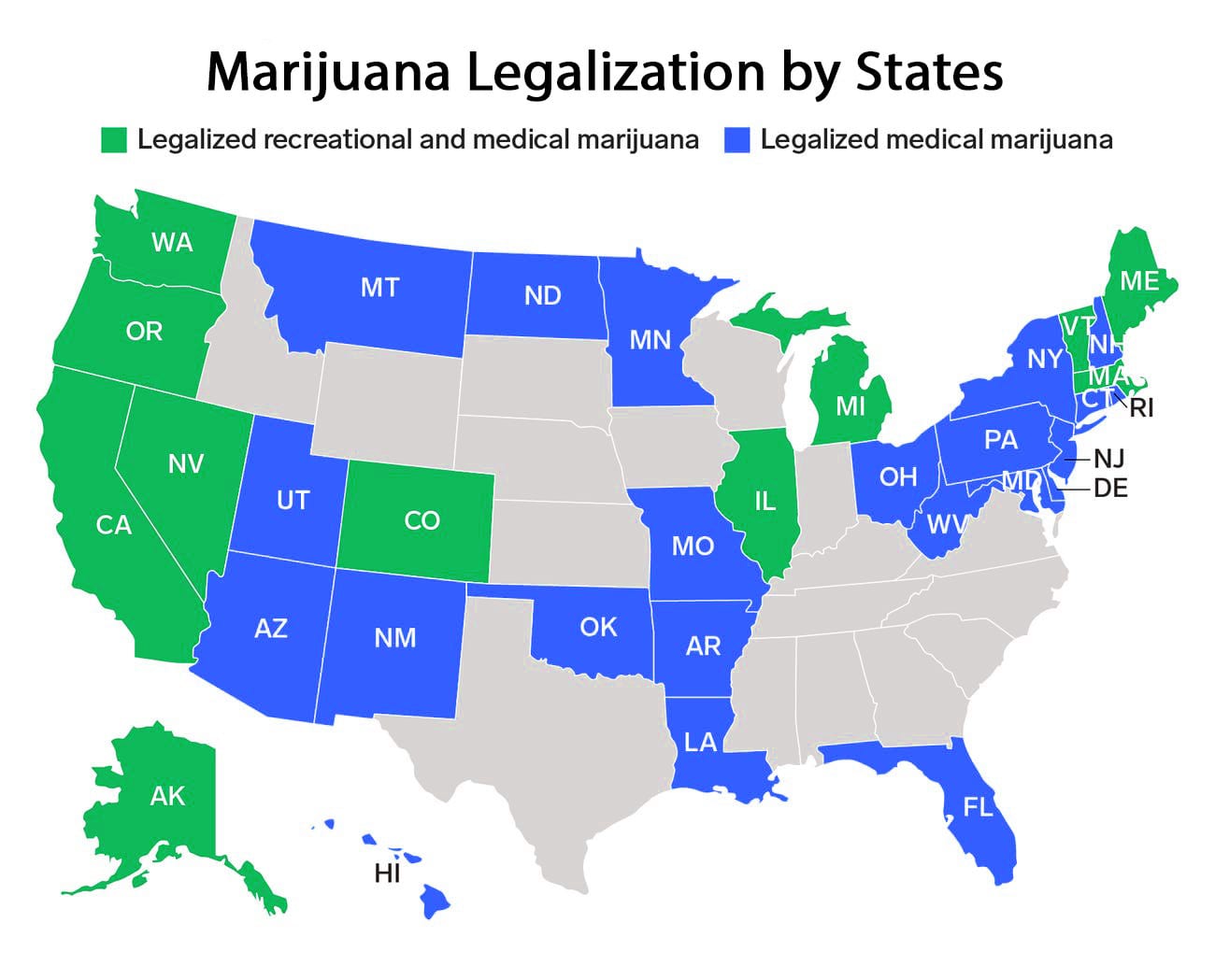 However, it is not this simple. Yes, there are a lot of states where medical cannabis is legal. There are also pretty many places in the US where recreational cannabis is legal, too. However, we want you to keep in mind that you always need to carefully review the laws in every single state before you decide to move there to grow some strains.
However, it is not this simple. Yes, there are a lot of states where medical cannabis is legal. There are also pretty many places in the US where recreational cannabis is legal, too. However, we want you to keep in mind that you always need to carefully review the laws in every single state before you decide to move there to grow some strains.
Let us consider the examples of Illinois, Georgia, and Nebraska. Everything seems to be simple: it is fully legal in Illinois, partially legal in Georgia (for medical use only), and fully prohibited in Nebraska, but let us take a glance at them in more detail.
- In Nebraska: decriminalization has already begun, possession is not a felony, transportation and growing are prohibited.
- In Georgia: one of the most restrictive places in the US, not decriminalized (except for some big cities like Atlanta), tetrahydrocannabinol is limited, possession is a felony, transportation is legal (there are limitations, though).
- In Illinois: legalized, decriminalized, THC is unlimited, possession is not a felony, no criminal liability for growing marijuana, but the amount is limited.
It must also be noted that Illinois is the state where the Medical Cannabis Pilot Program was developed. According to the rules of this medical cannabis program, a patient who has been diagnosed with one of the terminal illnesses can apply for a special medical card and start to use cannabis as the medicine.
As you can see, things are not this simple. It may seem that if medical cannabis in Georgia is legal, this state can legalize cannabis in the near future. However, the more detailed examination in the state shows that the laws there are more than just strict, especially considering that possession is considered a felony in certain cases. In Illinois, a fully legal state, the amount is restricted. In Nebraska, where it is prohibited by law, decriminalization has already begun.
How has the public perception and status of cannabis has changed in 2020?
Christmas and New Year were celebrated by the whole nation, and it may seem that nothing has changed much in 2020. However, Illinois made one of the most socially important decisions – the Prairie State has finally become one of the marijuana legal states. What is this, the federal trend that will be followed by other states in the near future? Or maybe it is just another area on the USA map that will be painted black, green or any other color that marks legal states? It is too early to say that this step will lead to federal marijuana legalization, but we are certainly observing the growing public support for the decriminalization of cannabis and even its legalization.
More precisely, the most recent studies show that the support is higher than ever. At the end of 2019, over 65% of adult American citizens confirmed they want cannabis to be legal. More importantly, this research has shown that over 50% of Republicans shared this view. Even the age group that has always shown the lowest support for federal legalization, people aged 65, demonstrated the same or a bit higher support – currently, about 45% of respondents share the views of loyal weed fans and people who want to use it is the medicine.
Of course, politicians could not ignore that. 36 states became legal weed states in one form or another. More importantly, eleven of them made it fully legal. Will the other states follow suit?
What are the states that can also become legal marijuana states?
So what can we expect in the near future? What states will vote for legalization or at least take steps in this direction? Below, we described the current situation in the states where such a social and legislative change is expected or at least possible.
Florida
According to recent surveys, about 65% of adults living in Florida want to ‘make it legal’ for adults. Nevertheless, the attempt made by the Make It Legal Florida committee to meet their goal has failed: though the members were making every effort to collect the required number of signatures and submit them by a set deadline. Though they tried to get more time, the chairman soon said that they will try to gain ballot access in two years, in 2022.
So what exactly does the committee offer? The proposal was supposed to allow adults, i.e., people aged 21+ use, to display, possess, buy, and transport up to 2.5 ounces of marijuana.
It is difficult to say whether we can expect Florida to become one of the states that legalized weed in part because of the opposition in the Supreme Court (some of the senators and attorneys note that the proposal does not inform citizens that it remains federally illegal) and some other reasons. Nevertheless, Florida remains one of the states that make moves in this direction.
Minnesota
Minnesota or, more precisely, democratic lawmakers, tried to legalize cannabis last year. Though this attempt has failed (as democrats note due to the efforts of Republican-controlled Senate) and the bill was just killed, they are going to make the second attempt at the very beginning of 2020 (legislation session began on Feb.11).
As the lawmakers note, the state is finally ready for changes. They are going to do it responsibly, but they are going to do it, in part because cannabis decriminalization would allow stopping discrimination. The thing is that its criminalization has an obviously disproportionate impact on the people of color living in the state.
More importantly, the bill is supported by Minnesotans – the surveys showed that most residents want it to be legalized. Lawmakers note that this is not only about the right to use cannabis for recreational purposes but also about making the industry small business focused and, of course, about the taxes benefiting the state. The bill is supposed to allow home cultivation, too.
New York
It is no secret that the entire nation, if not all the whole world, is following the situation in New York. Will it be one of the weed legal states in the near future? Will it be the beginning of federal legalization? In fact, the governor notes that cannabis legalization in the state is one of the priorities this year.
Last year, it also looked as if it was going to become a reality, but even the fact that Democrats were making an effort to make it legal, they failed. Some note that it was because the governor did not try too hard to change the situation in the state. Moreover, there were a lot of serious disagreements over who should be allowed to sell cannabis and where the profit should go (Reference #2, NY Times).
Although we would be happy to say that the governor has solved this issue, we cannot do it – it remains to be one of the major issues. No one knows how this affects the situation in the near future, but the chance that cannabis will be finally legalized in NY in 2020 is pretty low. But who knows?
Still, the public opinion, the $6.000.000.000 gap, and the example of California, as well as some other states with legal weed give hope to legalization in a few years.
New Jersey
New Jersey is another state that has already made several attempts to legalize cannabis. Though people who suffer from certain illnesses can come to any official and legal medical marijuana dispensary in the state and buy medical cannabis products and though a lot of residents of the state want it to be legalized, these attempts failed.
Nevertheless, people in New Jersey will be able to express their opinion on this issue on November 3, 2020. On this day, they will be able to give their “yes” or “no” vote to support or reject the amendment to legalize the use, as well as the possession of marijuana for adults aged 21+ and legalize the cultivation, processing, and sale of retail cannabis products.
If people gave “yes” votes, it would become the twelfth state, along with Washington, D.C., to legalize recreational marijuana.
Virginia
The interesting fact is though medical cannabis is legal in Virginia, it is still not decriminalized. Nevertheless, it seems that it will finally be decriminalized this year, and the next step, the legalization, is also expected to be taken in the near future. However, no one knows if Virginians who want cannabis to be legal will succeed or not. This year, we can only talk about decriminalization.
Is marijuana legalization possible in 2020?
The short answer is ‘It is highly unlikely.’ Though Governors and lawmakers in all states are making effort to legalize or at least decriminalize cannabis in the United States, it is still considered to be a drug, a banned substance. This, in turn, means that most banks cannot cooperate with growers. To solve this problem, lawmakers accepted the new law (SAFE) aimed at protecting banks that cooperate with companies producing cannabis products against prosecution.
However, there is a big chance that it will be defeated in the Senate because Republicans are not ready to support it. Therefore, it would be naive for us to think that this plant, as well as all cannabis products, will be federally legalized. Nevertheless, we can certainly see the positive trends in the country.
Final Thoughts
As you can see, there are pretty many states where weed is legal. Nevertheless, there are more states where cannabis consumed for recreational purposes is prohibited. Can we expect it to be decriminalized and finally legalized at the federal level? We do not think so, and not only because the USA is not Canada’.
The thing is this is a really long process. It was fully illegal in the 30s, then criminalized in the 50s, partially decriminalized in the 70s and finally legalized in some states in 2010s. However, now, in 2020, it is not even decriminalized in some states. It seems that America just needs more time. Still, this is not the reason not to follow federal marijuana news – who knows what can happen.

 Industry
Industry

.jpg)
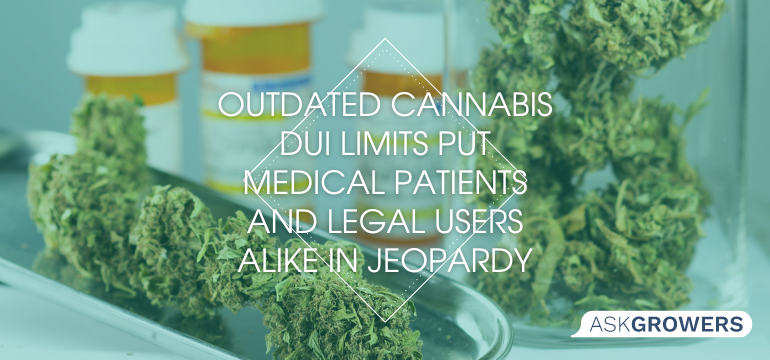
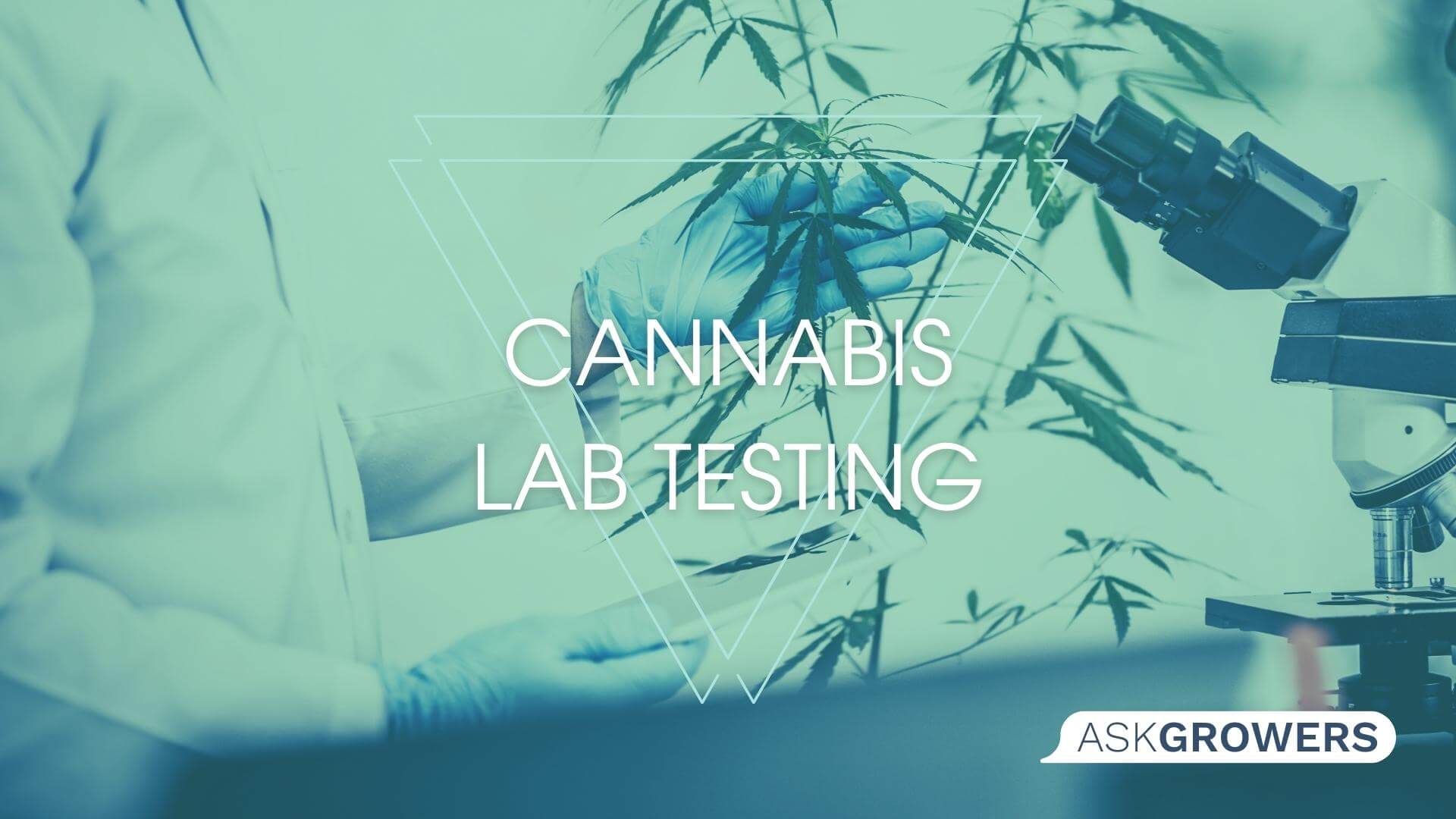

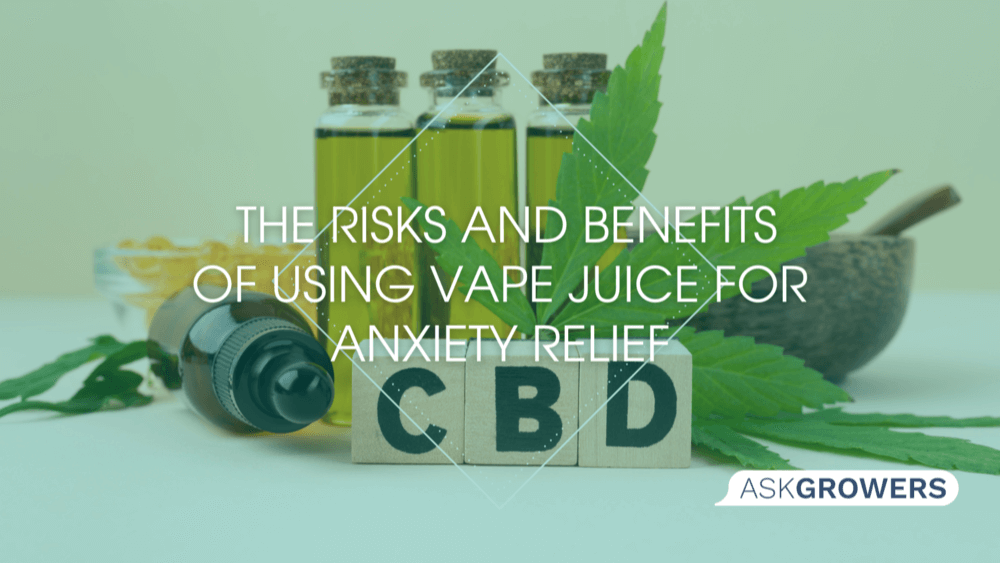
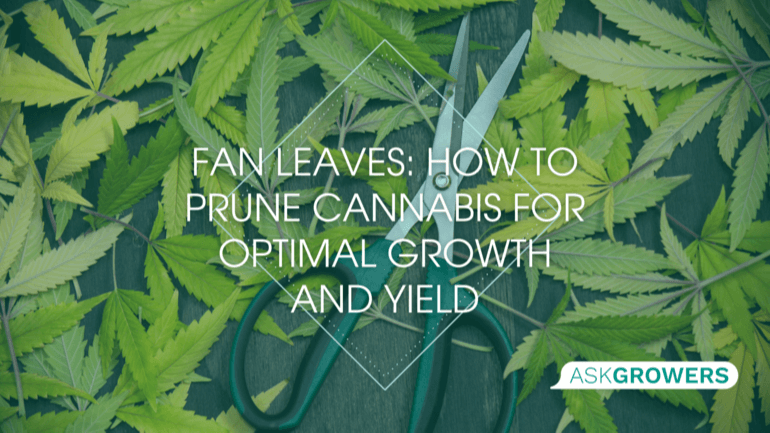
 (1).png)
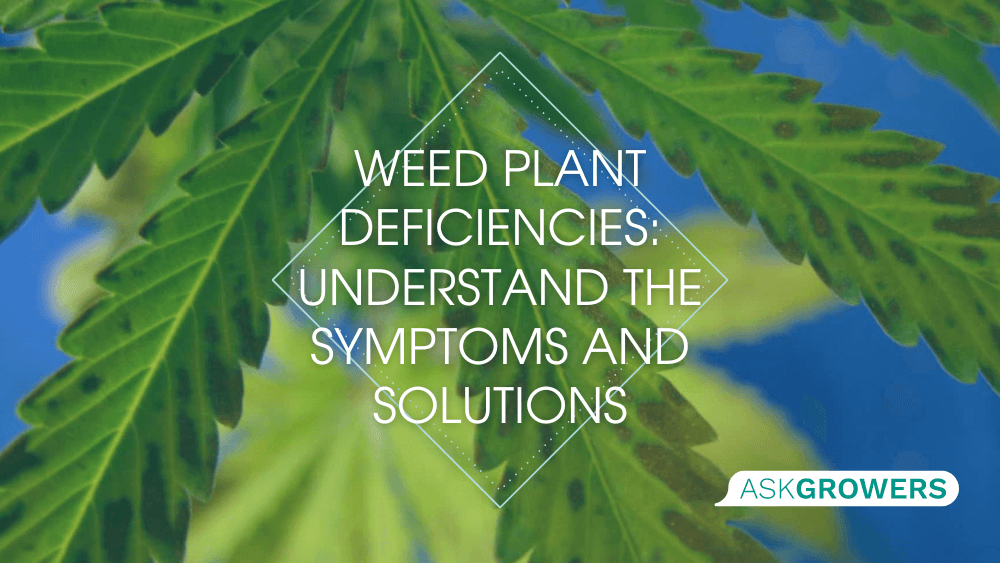

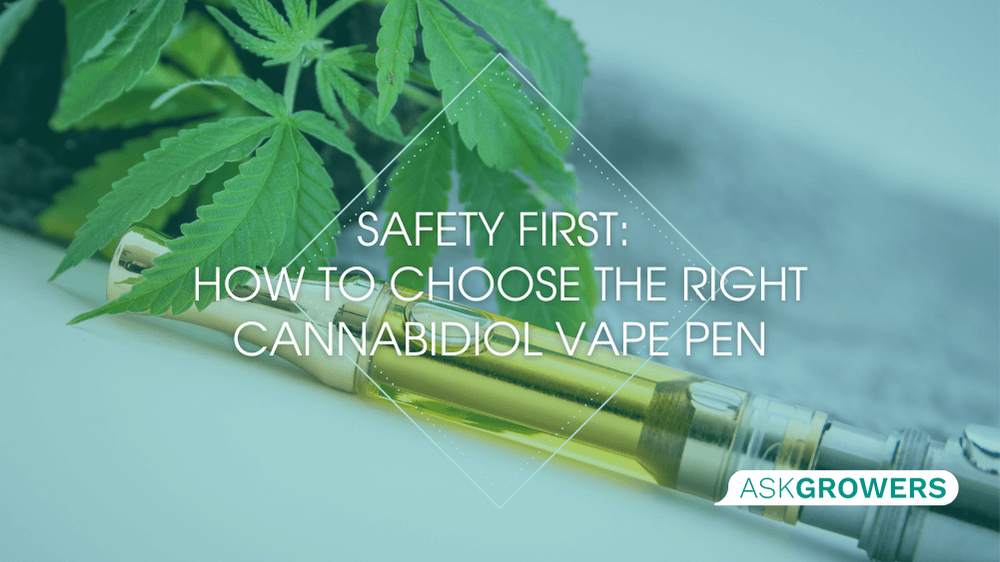

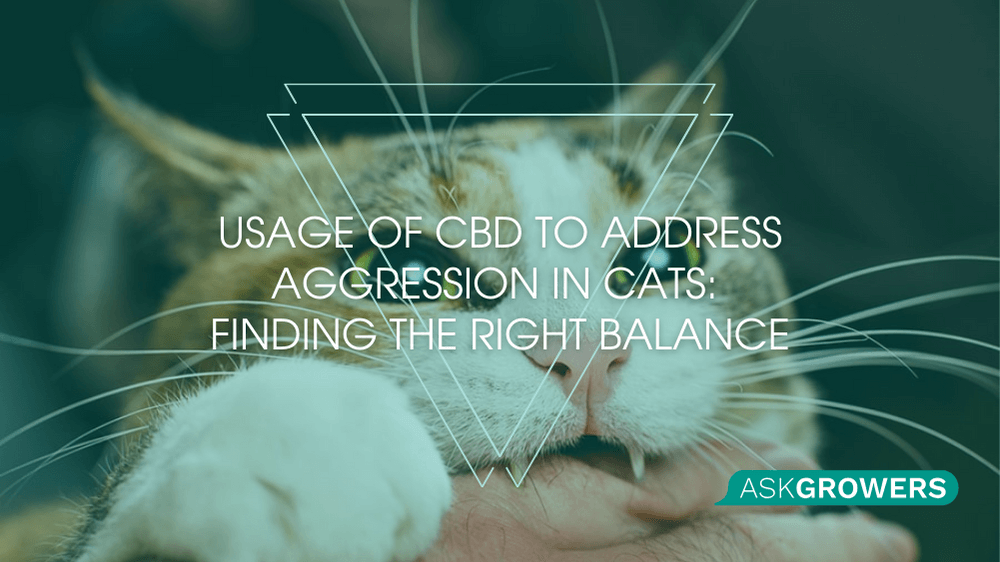

Be the first and share your opinion
Write a Review